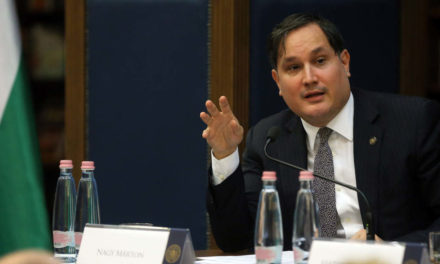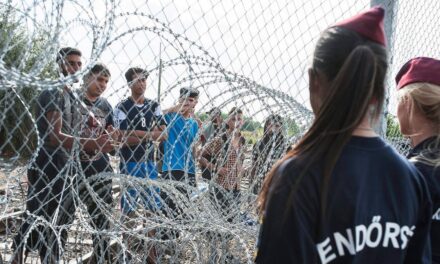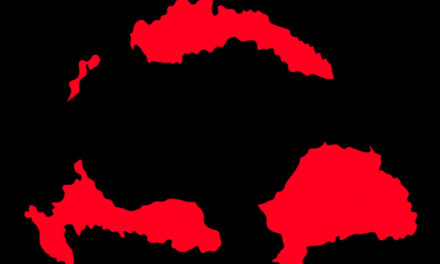Zoltán Kiszelly explained that gas procurement is the basis of industrial performance, and there is not enough raw material and it is expected that it will not arrive until winter, which is sufficient for both industry and the population. That is why they want to limit the use already now, in the summer, because if the industry does not get enough gas, it will bring down the economy of the net contributor countries and with it the euro.
If the German, Austrian and Dutch industry - which carries the euro on its back - does not receive enough raw materials, the financing of the southern countries will also be at risk.
In the case of the Germans, they have already reached the point where the trade balance has turned negative, i.e. they pay more for energy than they receive for the finished product. The first economists are already talking about the "end of the export-oriented German economic model".
The European Commission acts in order to save the economy of the Nordic countries, especially the Germans, and thus places the essentially German problem at the EU level. They tried a similar common procurement solution for vaccine procurement, but they did not learn from its failure, and they are working even harder to transfer certain powers to the Brussels level.
The political scientist also talked about how
the Germans have messed up their energy policy in the last twenty years, but they don't admit it, instead delegating the problem to the European level.
In this way, the German political elite can avoid losing face, since, like the migrant crisis, they manage to turn a German problem into a European one, and they don't even have to say that the sanctions policy was wrong.
They cannot replace Russian gas, no matter how much LNG they buy, they cannot buy raw materials in the same quantity and price as from Gazprom. The Russians, on the other hand, are precisely interested in driving prices up, which is why they are now delaying the filling of Western European gas reservoirs.
Manfred Weber , the president of the European People's Party, on the mandatory distribution of gas and the proposal of the European Commission are precisely about not allowing the German, Austrian and Dutch industries to collapse due to sky-high energy prices. They now have to protect the gas supply of the German economy at the European level, because if the German economy collapses, it will drag the euro down with it.
According to Zoltán Kiszelly, with the current proposal, Brussels already wants to limit gas consumption in the summer so that as much as possible of the scarce supplies remains for the winter, but not for the population, but primarily for industry.
The Germans and Belgians are already taking more gas out of the reservoirs than they are putting in, so they are already using up their reserves.
The current situation is similar to what happened to Greece during the 2008 global economic crisis, in that they tried to deal with the problems of a member state by raising them to the EU level, except that now we are not facing a financial crisis, but an energy crisis. You can print any amount of money, but not gas, so the solutions used at that time cannot be applied one-to-one to the current situation. There are also a lot of infrastructural problems, there are no gas pipelines, there are not enough ports and LNG terminals, so solving the problem is far from easy.
According to the Brussels proposal, even Hungary would be obliged to sell gas to other member states, but the question is not really how much gas will be sold, but whether it will be sold at all?
Hungarian industry and the population also need gas, but according to the commission's proposal, in the spirit of "solidarity", the responsible countries should sell gas to those who have maneuvered themselves into a difficult situation.
In other words, Hungary, which takes care of energy security, should use its reserves to correct the faulty German energy policy.
Frans Timmermans , the vice-president of the European Commission's life advice on clothing ventilation and apartments heated to 17-18 degrees in the winter predict exactly that responsible countries will have to hand over gas to the other member states, since if a German or Belgian can survive on 18 degree apartment, then a Hungarian too – this is the position of Brussels.
This is also the main test of the abolition of the right of veto, since if the Union can pass this, then this method will be used in the future, while the basic treaties will be completely ignored.
Zoltán Kiszelly cited the Maastricht Treaty as an example, which even the French say is "obsolete", they will never bring the state debt below the prescribed 60 percent in their lifetime, even though it is a clear condition in the treaty, but they are doing the same with regard to the budget deficit also for a very long time.
Brussels is now trying to figure out what mechanisms it can use to reduce the member state veto, this is the primary goal on the political level, and on the economic level, correcting the flawed German energy policy
Zoltán Kiszelly told hirado.hu.
Source: hirado.hu












